

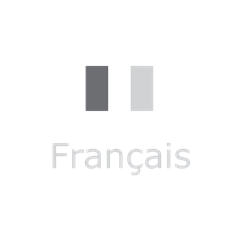
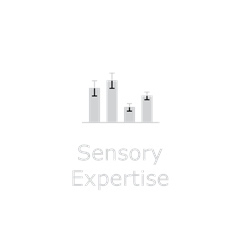
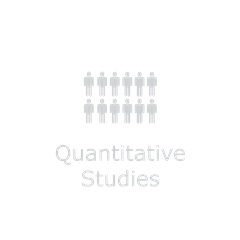
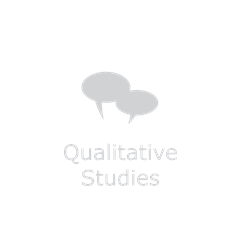
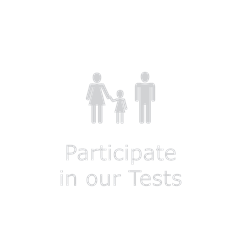
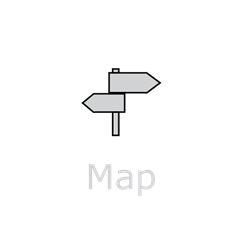
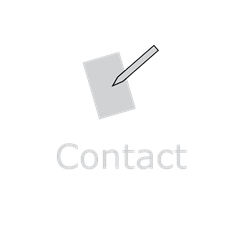
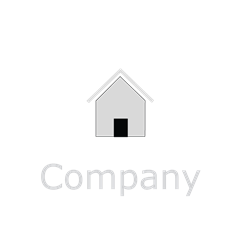
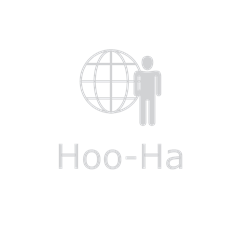
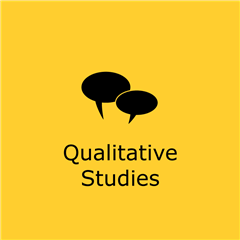
The in-depth understanding of consumer insight requires the consumers to be observed in real-life situations of consumption. Moreover examining the development of behaviour and habit over a certain period of time highlights the unsatisfied expectations and those that provide market opportunities.
Among a large number of ideas, how can the most promising be selected, those ideas that deserve to be developed? How can new concepts be picked out, designed and optimised so that they fully meet consumer expectations? How can newly developed products be enhanced in terms of perceived image and their effect on the brand be improved?
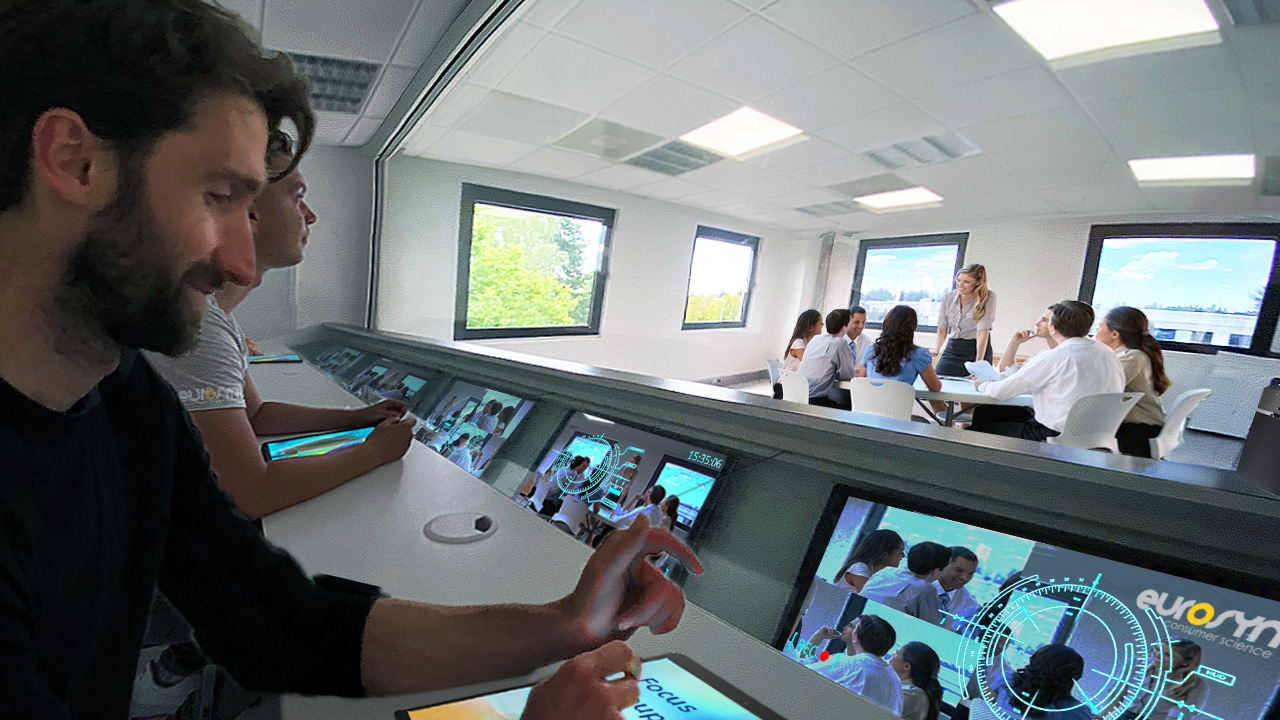
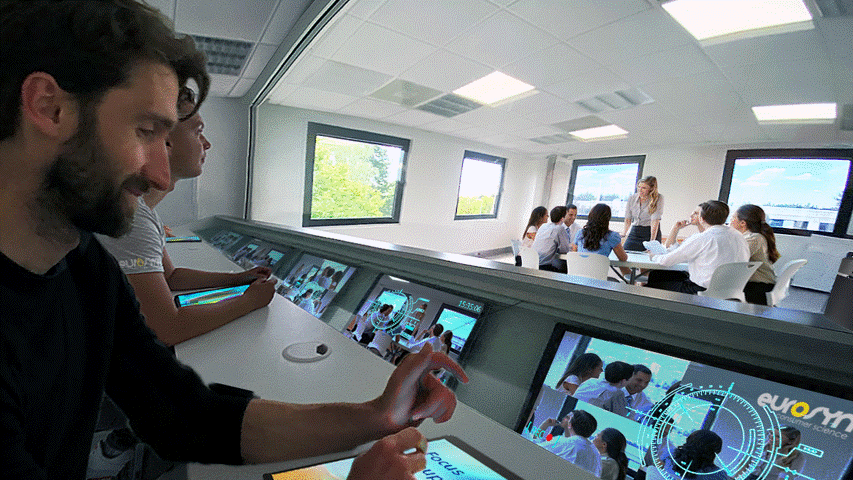
Conducting individual or group interviews enables the key aspects of behavior to be identified and expectations to be highlighted. Both satisfied and unsatisfied needs, even those sometimes still buried within the subconscious, can thus be brought to light. Therefore, the contextualisation of interviews is an absolute necessity to gather representative data of real-life moments. Indeed using natural environments to make consumers feel free and comfortable while using products indeed allows the User Experience analysis to be effective.
This contextualisation may lead to products being used at home and consumers being interviewed there, or face-to-face over the internet.
In addition, the use of a consumption log facilitates the identification of motivation, behaviour and habit on a larger time scale.
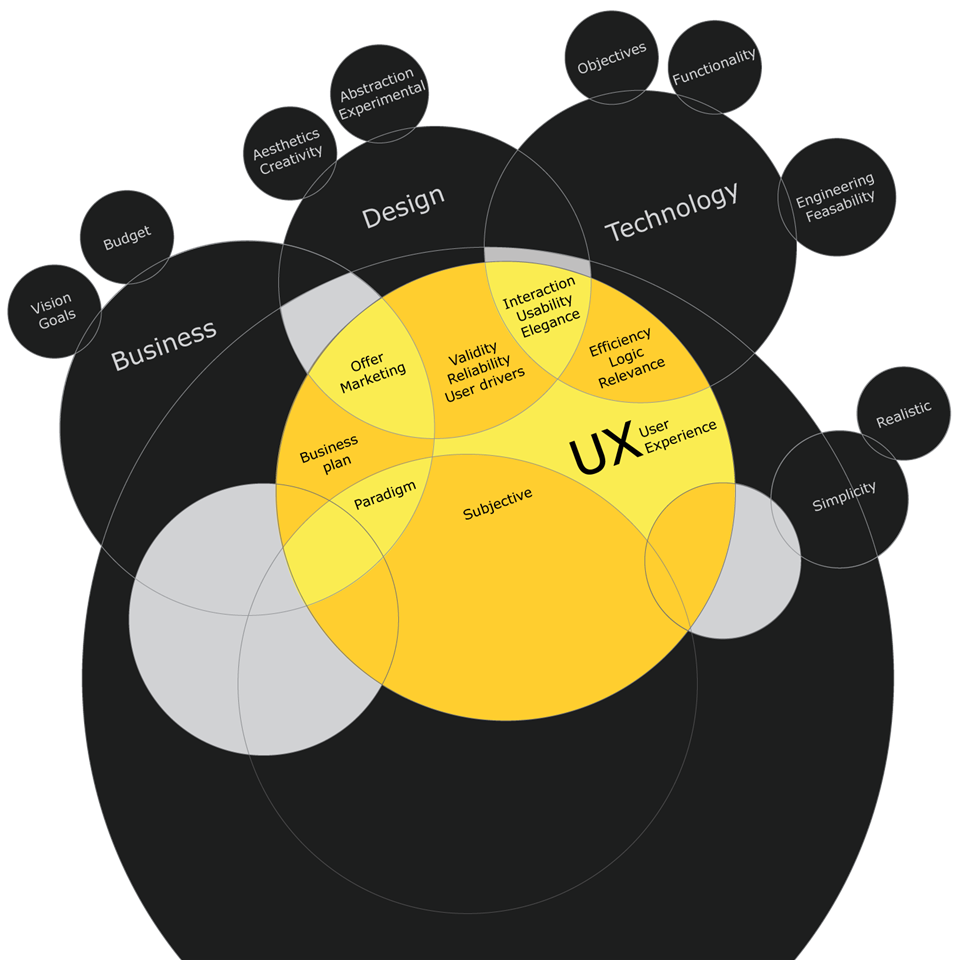
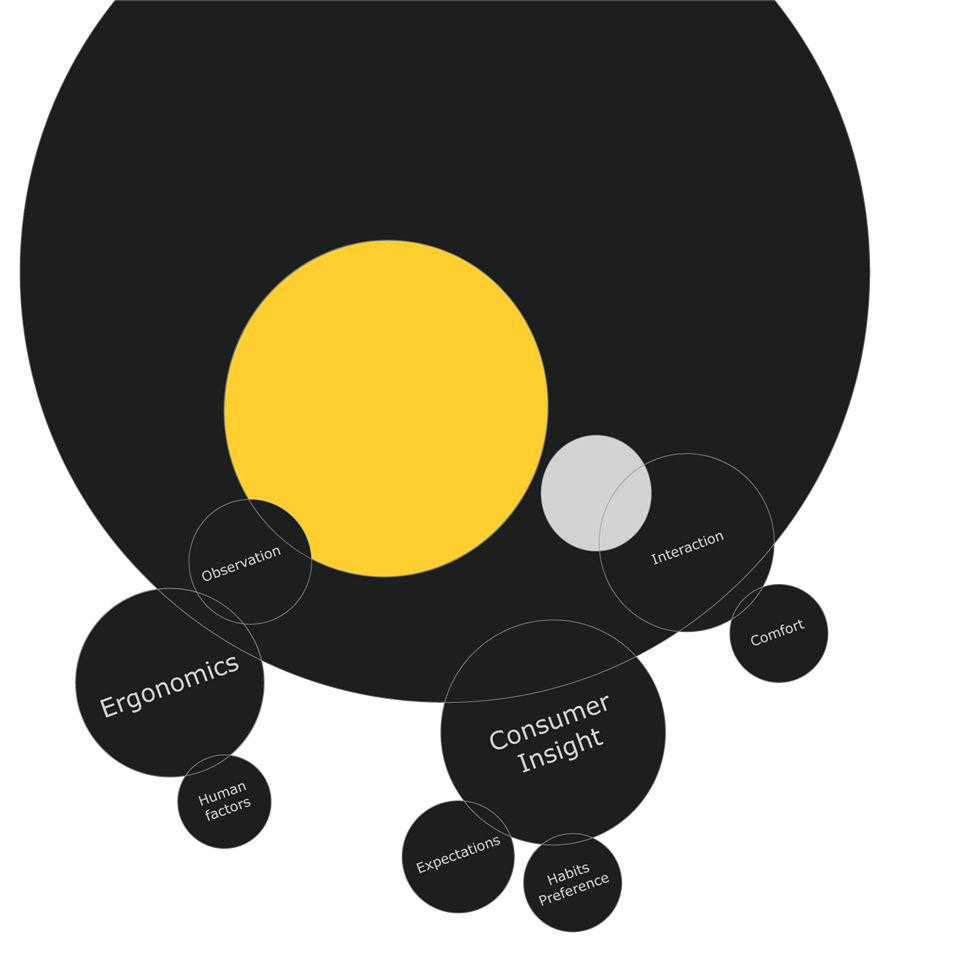
Implementing an interactive process for optimisation by mixing client meetings, aimed at reworking certain aspects of the propositions, with their evaluation by the consumers within interviews or focus groups, enables the choices to be refined and the most promising combinations to be selected.
Processing the data may result in grading or building evaluation grids for each concept, including a description of the pros and cons. The grids lay the path to finding the best ways to improve and make the prototype more appealing.
The analysis of cross-referenced data helps to pinpoint solid and operational recommendations that Research and Development, Marketing and Communication departments can easily understand and implement.
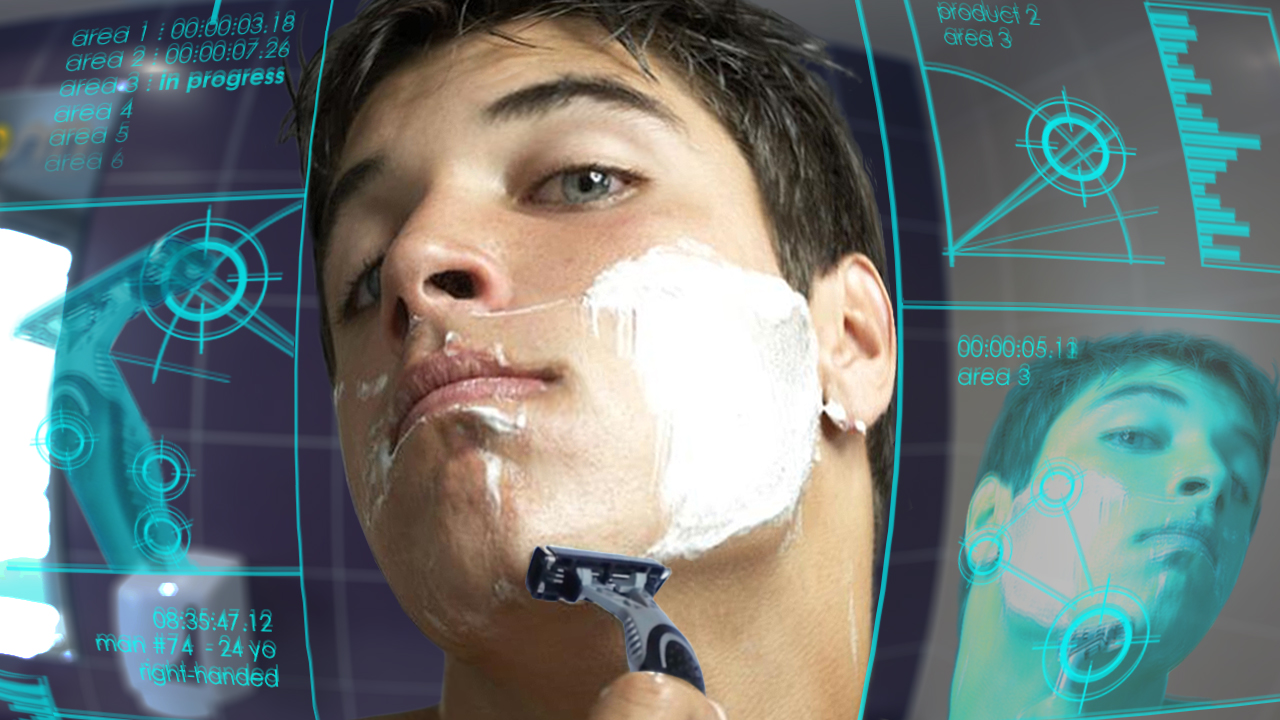
The scope of Eurosyn’s consumer database allows rare and difficult profiles to be found and selected: high-level decision makers, purchasing advisors, doctors, children, the elderly… These consumers can then be interviewed in adapted or virtual environments so as to analyse their habits and expectations, especially in prospective studies.
Further to accurate socio-professional criteria, a pool of consumers, first and foremost attracted to novelty, can be selected for their aptitude to express themselves easily: the richness of certain studies depends on the quality of the exchanged ideas.
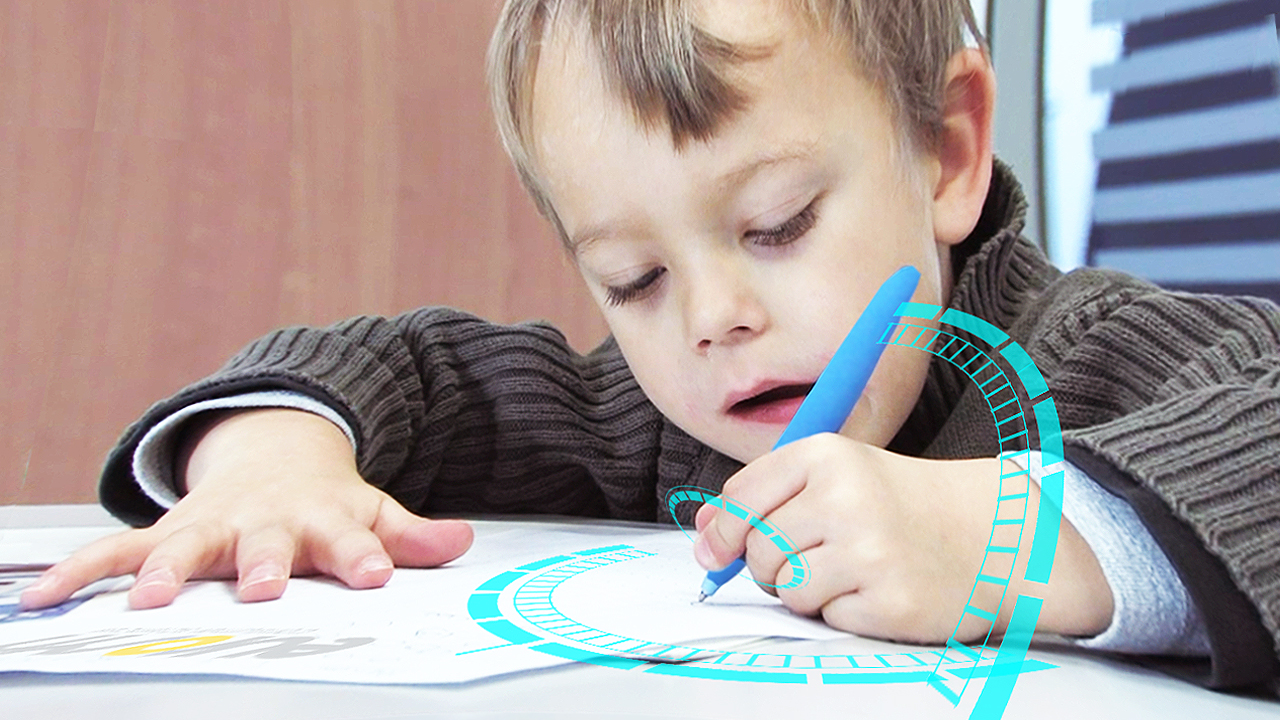
Eurosyn provides ad-hoc means for studies: individual interview rooms, adaptable areas for focus groups and viewing rooms, and a large fully equipped kitchen enabling the organisation of culinary workshops. These means help to carry out a wide scope of services: exploratory studies, projective or creative techniques, tests for concept, packaging, ergonomics (direct observation), communication...
Eurosyn calls upon an internal team of experts qualified in carrying out semi-directive interviews, as well as an available pool of freelance quality specialists, greatly experienced in non-directive interviews.
Specialists in other professions may also be asked to contribute: grapho-psychologists, ergonomists, specialists in infancy, oenologist, perfumers, chefs, acousticians…
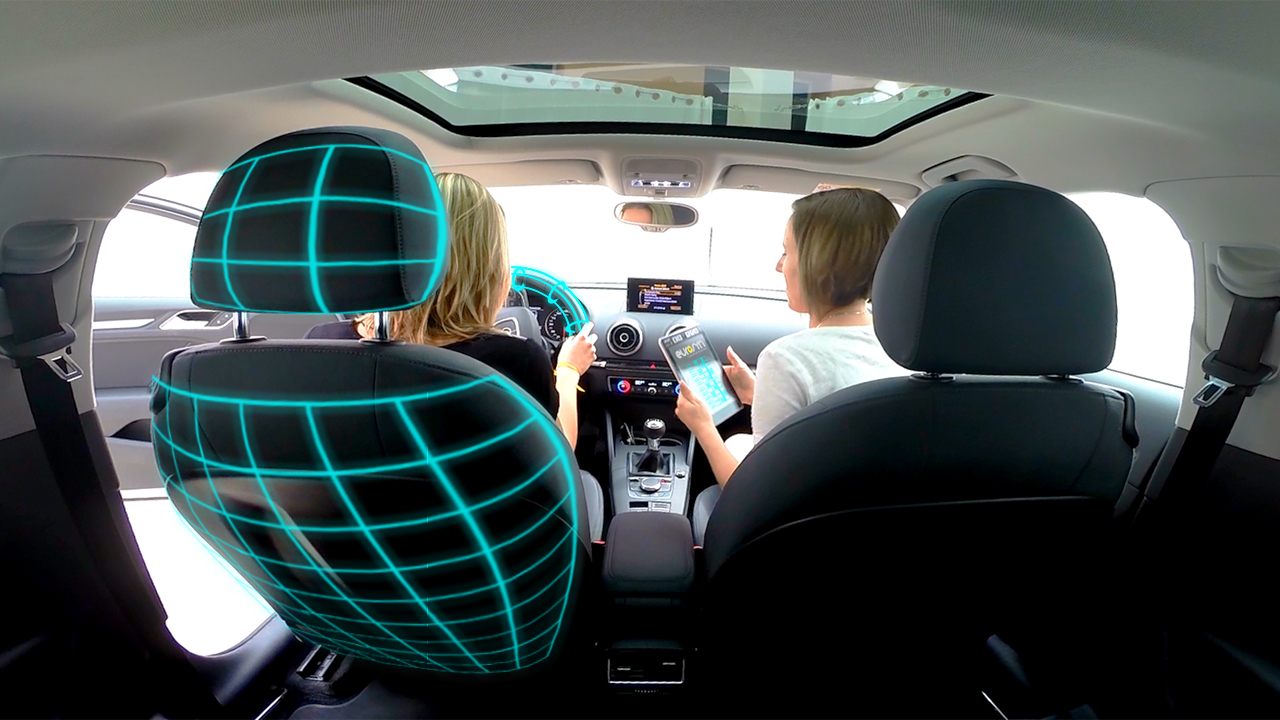
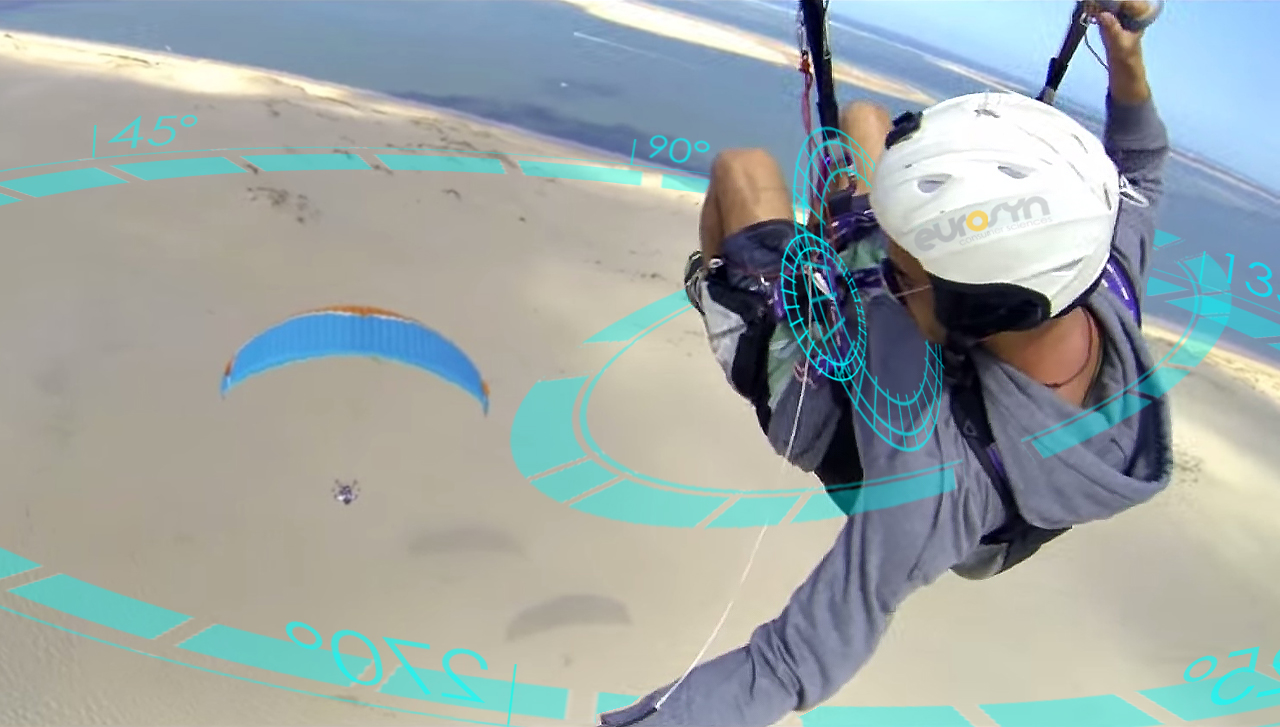












Siège Social – 16, Avenue du Québec – Bât. Muscari – ZA Courtaboeuf
91140 Villebon sur Yvette – France - Tél. 01 60 92 64 00 – Fax 01 60 92 64 88
SAS au capital de 40 000€ - RC Evry 383 335 205 - SIRET 383 335 205 000 27 - NAF 7112B
N° de TVA intracommunautaire: : FR 11 383 335 205 - accueil@eurosyn.fr